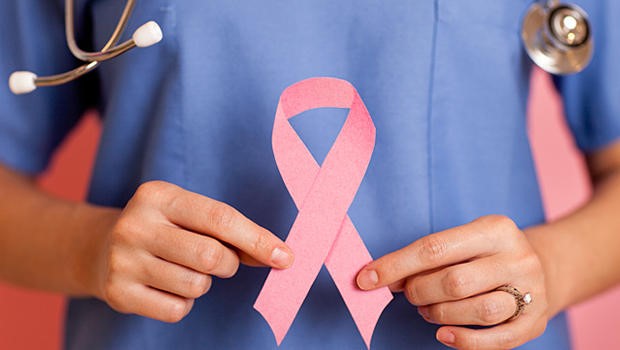12 Must-know Tips for Post Mastectomy Care

Mastectomy is the process of removing tumour affected breasts when the proliferation of the tumour cells is very high. Sometimes, it is also done as a preventive measure in women who are at a high risk of getting breast cancer. Mastectomy is either done on both breasts or on a single breast and may be either a complete or partial removal of the breast. Mastectomy definitely doesn’t promise you of a cancer free life after that. If proper care is not taken, the carcinogenic cells may bloom again and start killing the healthier cells around them, eventually leading to tumours.

Here are a few things you need to keep in mind after undergoing this surgery.
1. Never skip the medicines prescribed by your doctor. If you notice some allergic reactions, contact your healthcare specialist.
2. Don’t discontinue your medicines abruptly unless advised by your doctor.
3. Never use antibiotics that were prescribed for some other illness.
4. Dizziness is a common phenomenon that you could experience. So always remember to sit on your bed and relax after you wake up instead of immediately getting out of your bed.
5. The sutures on the breasts should not be touched or meddled with. While bathing, it is better to gently pat the area with a sterile towel soaked in warm water (bathe only 2 days after the surgery).
6. Avoid going for the monthly breast exam during your periods.
7. If you feel uncomfortable while sleeping, place a small pillow under the armpit without disturbing the sutures.
8. Do not remove the dressing or sutures by yourself.
9. A low fever of 100 degrees Fahrenheit is common the day after the surgery but if it persists, make sure you get help from your doctor.
10. Stay away from doing strenuous activities like cardio exercises, heavy lifting, etc, at least for two month.
11. Drink 10 glasses of water a day and avoid fatty foods.
12. Watch out for lymphedema, a symptom where the arm on the side where you had your breast removed, swells up and retains a lot of fluid. It is prevalent among 25% of the patients undergoing mastectomy and can usually be cured with prescribed medications.
References:
http://www.health.com/health/c ondition-article/0,,20188879,0 0.html
https://www.ucsfhealth.org/edu cation/mastectomy_instructions _after_surgery/
